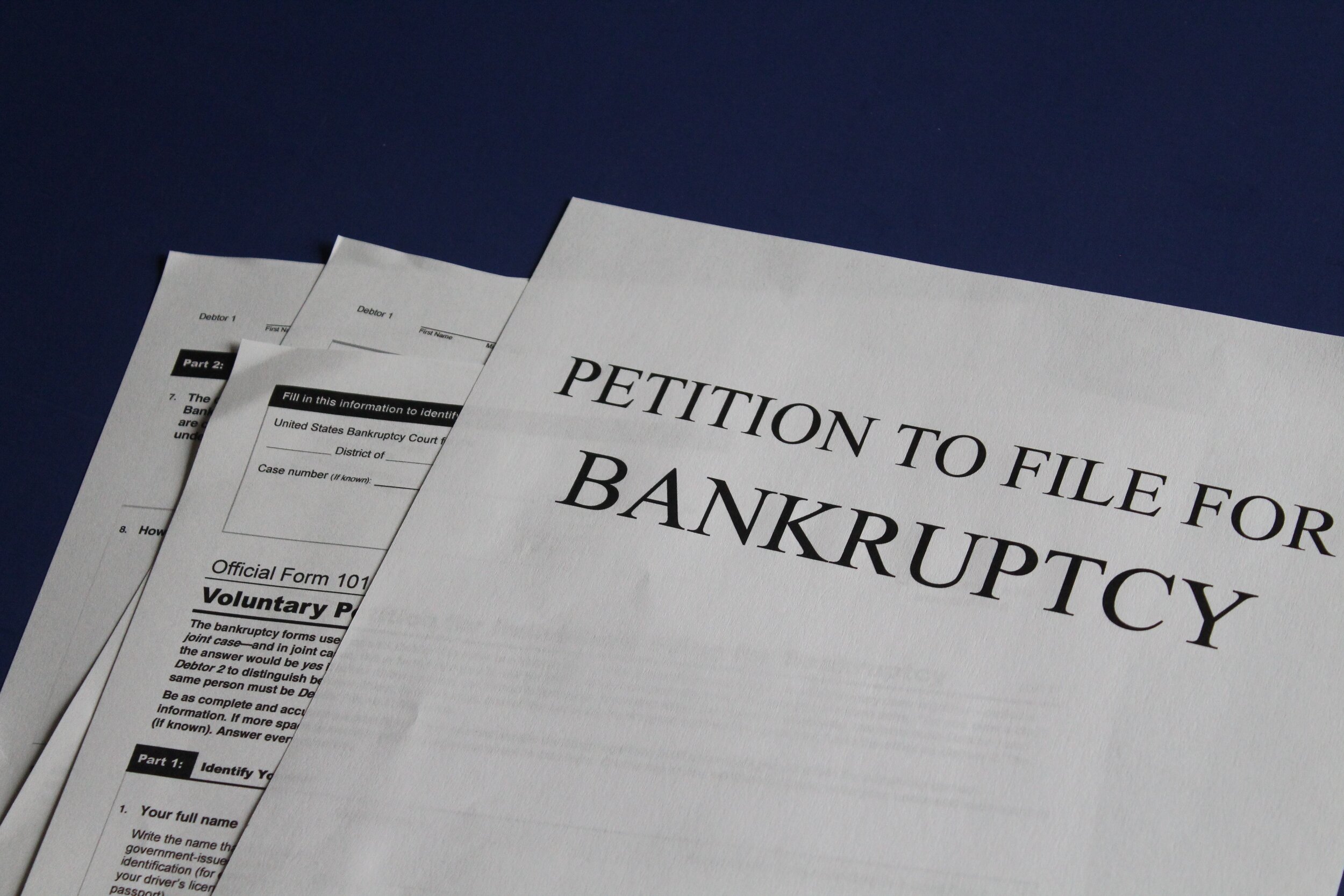carol@cohenbuckmann.com
Do Funds Engage in a Trade of Business? Ever since the PBGC Appeals Board decided in 2007 that a private equity fund could be a trade or business responsible for a portfolio company’s Title IV liabilities, multiemployer pension plans have been pursuing the funds aggressively. This is a big issue for them, since this liability is joint and several, meaning that all of it can be asserted against any one member of a controlled group or group of commonly controlled trades or businesses. Some funds have pushed back, claiming that under established IRS rules their activities are not considered a trade or business and that holding them liable for portfolio company’s pension liabilities will have a chilling effect on private equity efforts to rescue financially troubled companies.
Sun Capital Partners. Sun Capital Partners challenged multiemployer plans that attempted to collect withdrawal liability of a portfolio company from two funds it managed. The First Circuit Court of Appeals applied an “investment plus” standard in finding that a private equity fund could engage in a trade or business if it engaged in activities beyond those of a passive investor. A federal district court then found on remand that two funds managed by Sun Capital Partners formed a partnership in fact and could be liable for withdrawal liability even though neither fund owned at least 80% of the portfolio company. 80% ownership is the basic standard for control that determines controlled group membership. That district court decision has just been reversed on appeal, but the appellate court’s latest decision was fact-based and did not need to revisit the issue of whether these funds were engaged in a trade or business.
What the Court Decided. The court relied on several factors in determining that there was not a partnership in fact, including:
· The fund documents stated that they were not forming a partnership
· The funds had different investors
· The funds filed separate tax returns and had separate bank accounts
· The funds did not always make parallel investments
However, the court rejected the argument that the fact that the funds invested through an LLC precluded a finding that there was a partnership in fact.
Limited Authority. Among the reasons this decision may not be helpful for other private equity funds is that many of them do make parallel investments. For example, for tax reasons, it is fairly common for there to be separate funds for foreign investors, tax exempt investors such as retirement plans and domestic taxable investors. These are managed by the same entity and may make proportionate investments in the same portfolio companies. Further, their fund documents may not explicitly state that there is no intention to create a partnership. And the original decision by this Court of Appeals-that under certain facts, investment funds can engage in a trade or business- still stands.
The Trilantic Litigation May Change Things. Another entity is litigating the issue of whether its fund IV is engaged in a trade or business in two other jurisdictions. Trilantic Capital Partners has sued for a declaratory judgement in the southern district of New York that it is not engaged in a trade or business and cannot be liable for a portfolio company’s withdrawal liability or to the PBGC for single employer plan termination liability. In a separate action in Illinois, plans not named in the declaratory judgment action are pursuing Trilantic for multiemployer plan withdrawal liability. We may see new law developing in these cases, and those judges are not bound by authority in the Sun Capital Partners case.
Protective Action Still Needed. This most recent Sun Capital Partners decision doesn’t prevent plans or the PBGC from continuing to pursue private equity funds for pension liabilities. Under the controlled group rules, one portfolio company could also be responsible for another portfolio company’s Title IV liability. Private equity funds would be well-advised to continue to carefully investigate the potential pension liabilities of portfolio companies in which they want to invest and to pay careful attention to how they structure their investments, including their fees and management relationships, the extent of their involvement in portfolio company operations and their percentage of ownership. These are practices many funds instituted after the initial Sun Capital Partners decisions.
